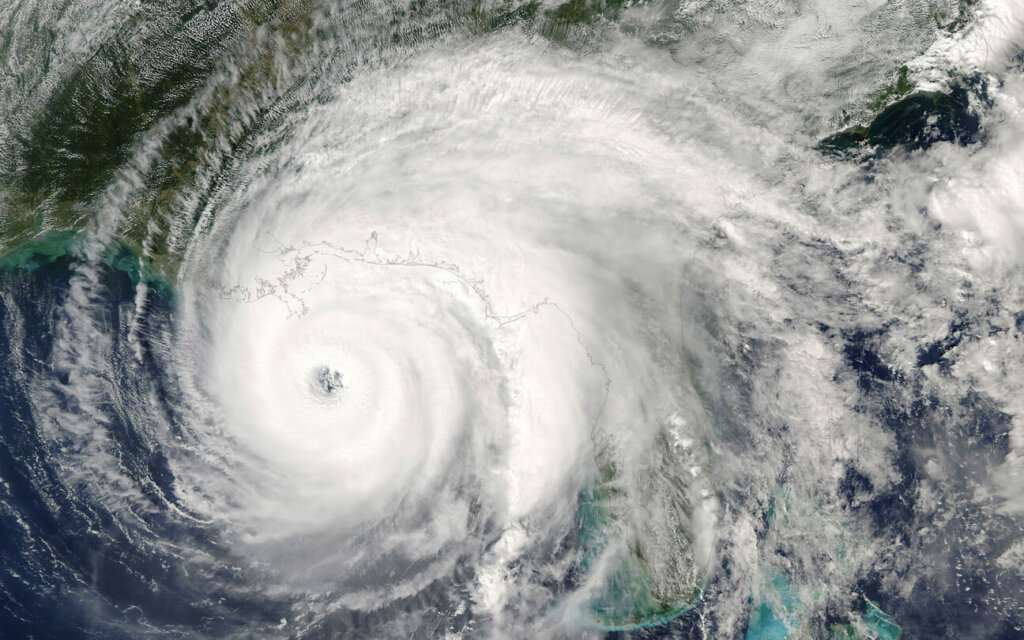 The situation in Ukraine continues to escalate, and well over 2 million Ukrainian citizens (at the time of publishing) have already fled the country – with millions still within the country needing relief and protection. The United Nations estimates that up to 4 million refugees may evacuate. With the tragic news of events unfolding in Ukraine, companies around the world have been diligently working to support their employees who are directly affected.
The situation in Ukraine continues to escalate, and well over 2 million Ukrainian citizens (at the time of publishing) have already fled the country – with millions still within the country needing relief and protection. The United Nations estimates that up to 4 million refugees may evacuate. With the tragic news of events unfolding in Ukraine, companies around the world have been diligently working to support their employees who are directly affected.
During times of crisis, the higher priority of most companies (as we’ve seen so far with the Ukraine crisis) is the safety and security of their employees and stakeholders. People must come first, and they always should. The first responsibility of any company should be to ensure the safety, security, and wellbeing of their people.
The list below focuses on key areas to be considered best practices in ensuring the wellbeing of people:
1. Communication
Even if you have the best crisis plan and the best crisis teams, crisis response and recovery will fail if there isn’t effective communication in place. Communication is the key to success. In regard to the Ukraine crisis and other similar crises, having various planned methods of communication is critical as it ensures that communication between people is ongoing, even if another form of communication is disrupted.
Some companies have been relying on communication apps (e.g., WhatsApp) and regular telephone communication. But as the situation continues to unfold in Ukraine, these methods may not always work. Some companies may rely on satellite phones as a viable backup option; however, even satellite technology isn’t always reliable depending on the situation.
2. Pre-established Contractual Relationships for Support
Don’t wait for a crisis to start looking for companies that provide duty-of-care type of support. Contractual relationships with international companies in the safety and security space are crucial. These companies can provide a variety of services, including situation intelligence, security personnel and planning, emergency medical support, logistical support, and more.
3. Evacuation Framework
Assuming there is a pre-established relationship with a company that provides security and/or medical support that would assist their clients during an evacuation, it is important for companies to work with their vendors to develop an evacuation framework in advance of any crisis. Companies should consider developing their own framework that works in concert with the vendor’s protocols. Additionally, it is important to engage vendors in critical scenario discussions to strengthen procedures. Companies will be better prepared and ready to act faster in advance of a crisis if they have trained people and an evacuation framework that has been well communicated.
4. Medical Support
Maintaining a membership with an international emergency medical assistance services provider is paramount. Through this type of membership, employees will have access to a network of logistics coordinators, physicians, vetted clinics or hospitals, ambulances, and aviation services, as well as online guides to medical information for various locations around the world.
5. Supplies/Resources
It is important to anticipate the needs of people who are displaced due to evacuation. They will have great difficulty accessing items, including local currency and basic supplies. Some vendors (as mentioned in point #2 above) help facilitate the delivery of some amount of currency and/or supplies depending on the contractual relationship or capabilities.
6. Mental Health Services
Last but certainly not least, mental health must be addressed. Crises, such as the one in Ukraine, cause trauma to those directly and indirectly affected. Many companies offer an Employee Assistance Program (EAP) that provides counseling services. And while EAPs have a lot to offer, it is important to understand any limitations, for companies may realize that it could be beneficial to extend their offerings further by establishing a contractual relationship with a vendor that provides mental health services specifically. For example, if the crisis affects a group of stakeholders beyond employees, companies may want or need to provide mental health support to a wider group of people.
Some of the vendors that provide mental health services are able to scale up or down depending on the crisis by providing a 24/7 contact center staffed by crisis counselors, assisting with accounting for employees and other stakeholders and providing on-site (or telephonic) psychological first aid as well as victim and family assistance.
From the beginning of a crisis, companies must focus on the safety and security of their people by getting them out of harm’s way and taking care of those that need assistance. Once their safety and security is confirmed, companies need to stay focused on the continuous needs of their people. This may include on-going supplies, resources, and mental health support. But while some of these services are required as part of duty of care, companies should do them not because they may be required, but because it is the right thing to do in order to take care of their people.





